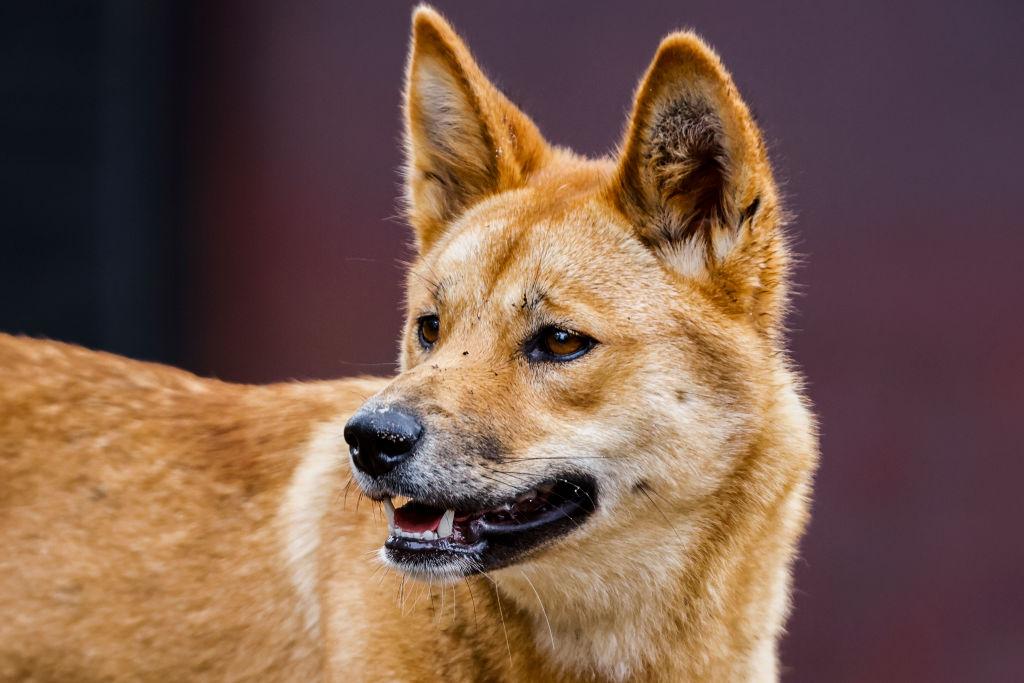A language expert has criticised the Queensland government’s use of the Indigenous word “wongari” to refer to dingo.
On Aug. 10, the Queensland government published a media release where its Parks and Wildlife Service would be investigating an incident on K'gari (formally known as Fraser Island) where two collared “wongari” (dingoes) approached a group of adults before biting a woman on the thigh.
“A member of the group threw a stick at the wongari and scared them off,” the statement said.
“The wongari went down Eli Creek and around 11:50am, approached a woman from behind. When the woman turned around and saw the wongari, she fell and was bitten on the thigh.”
Kel Richards, the author of nine books about words and languages and founder of OzWords, a website about Australian language, said the use of such terms would confuse people.




